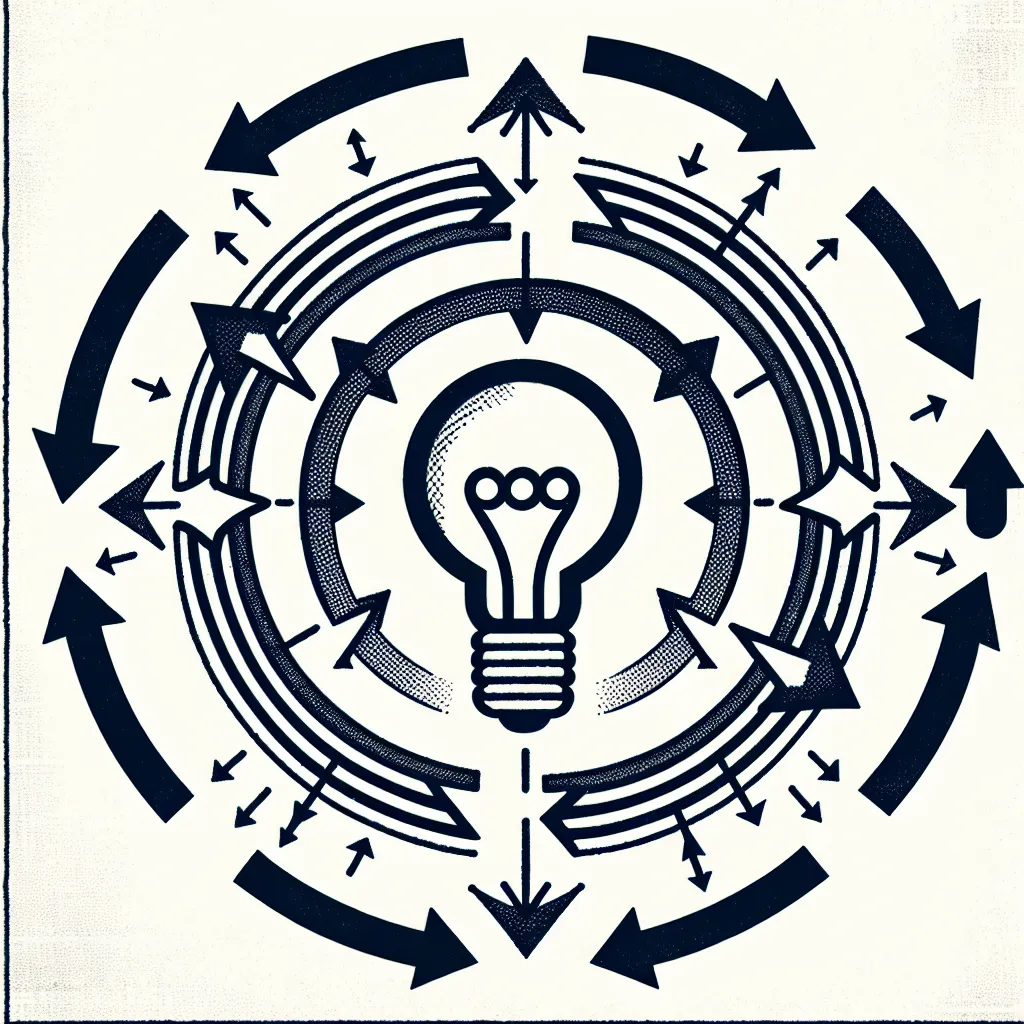The phrase “be consistent with + noun/gerund” is a valuable grammatical structure that can significantly enhance your IELTS writing score. This expression is commonly used to show alignment or agreement between ideas, actions, or principles. Let’s explore how to master this structure and apply it effectively in your IELTS essays.
Understanding the Meaning and Usage
The phrase “be consistent with” means to be in agreement or harmony with something. It’s often used in academic and professional contexts to discuss policies, theories, or behaviors that align with established principles or expectations.
Examples:
- His actions are consistent with his stated beliefs.
- The new policy is consistent with our company’s values.
- Her research findings are consistent with previous studies in the field.
- The government’s decision is consistent with international law.
- Their marketing strategy is consistent with targeting a younger demographic.

Grammar and Structure
The grammatical formula for this phrase is:
[Subject] + [be verb] + consistent with + [noun/gerund]
It’s important to note that you can use either a noun or a gerund (verb + -ing) after “consistent with”. The choice depends on what you’re describing.
Using with Nouns
When using a noun after “consistent with”, you’re typically referring to established concepts, policies, or ideas.
Examples:
- The new regulations are consistent with international standards.
- Her interpretation is consistent with the author’s intention.
- This approach is consistent with our company’s mission.
Using with Gerunds
When using a gerund, you’re often describing actions or ongoing processes.
Examples:
- His behavior is consistent with maintaining a healthy lifestyle.
- Their policy is consistent with promoting sustainable development.
- The results are consistent with expecting a positive outcome.
Application in IELTS Writing
Incorporating “be consistent with” in your IELTS essays can demonstrate a high level of language proficiency and coherent argument construction. Here’s how you can use it effectively:
Task 2 Essay Examples
-
In a discussion essay about environmental policies:
“Many argue that stricter regulations on industrial emissions are necessary. This approach is consistent with addressing climate change and protecting public health.” -
In an advantages/disadvantages essay about globalization:
“While some criticize the homogenization of cultures, this trend is consistent with creating a more interconnected world and fostering international understanding.” -
In a problem/solution essay about education:
“Implementing a diverse curriculum is consistent with preparing students for a multicultural workplace.”
Comparing Band Scores
To achieve a higher band score, it’s not just about using the phrase, but using it accurately and in context:
-
Band 6: “The new law is consistent with helping the environment.”
(Basic use, but limited complexity) -
Band 7: “The new environmental legislation is consistent with the government’s commitment to reducing carbon emissions.”
(More specific and contextually appropriate) -
Band 8-9: “The recently enacted environmental legislation, which imposes stringent limits on industrial pollutants, is consistent with the government’s long-term strategy of transitioning towards a sustainable, low-carbon economy.”
(Complex sentence structure, specific vocabulary, and clear context)
Common Mistakes to Avoid
-
Incorrect preposition: “consistent to” or “consistent of” instead of “consistent with”.
Incorrect: “This is consistent to our policy.”
Correct: “This is consistent with our policy.” -
Using an adjective instead of a noun/gerund:
Incorrect: “Her actions are consistent with professional.”
Correct: “Her actions are consistent with professionalism.” -
Overuse or forced use:
Avoid using this phrase too frequently or in contexts where simpler expressions would be more natural. -
Misunderstanding the meaning:
Incorrect: “The rainy weather is consistent with bringing an umbrella.”
Correct: “Bringing an umbrella is consistent with preparing for rainy weather.”
Conclusion
Mastering the use of “be consistent with + noun/gerund” can significantly enhance your IELTS writing. It allows you to express alignment and coherence in your arguments, which is crucial for achieving a high score. Practice using this structure in various contexts, and remember to use it naturally and appropriately in your essays.
For further practice, try incorporating this phrase in essays about topics like technological advancements, educational reforms, or economic policies. These subjects often require discussing alignment between actions and principles, making them perfect for applying “be consistent with”.
To expand your grammatical repertoire, you might also want to explore similar structures such as “It’s a matter of + noun/gerund” or “Despite + noun/gerund”, which can add variety and sophistication to your IELTS essays.